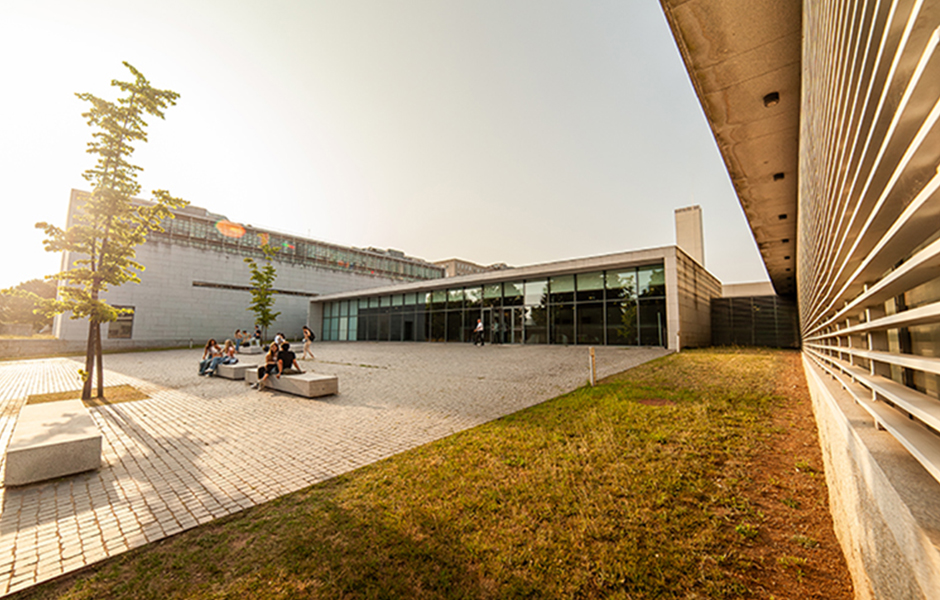CINTESIS – Center for Health Technology and Services Research is supporting the initiative “AI in Digestive Healthcare: Shaping the Future”, organized and hosted by the Faculty of Medicine of the University of Porto (FMUP) in its Auditorium on November 29.
Jonathan Leighton, president of the American College of Gastroenterology, will have a special participation in this event, which will be attended by specialists from all over the world.
“The event is motivated by the need to explore and share the latest innovations in the use of artificial intelligence (AI) in digestive care, with a focus on the practical application of technologies that are transforming clinical practice,” explains Miguel Mascarenhas, RISE-Health researcher, FMUP professor and head of the organization.
As he explains on the FMUP website, the main objectives are “to provide a comprehensive overview of current AI applications in digestive care, foster discussion between leaders in the field and healthcare professionals and create a network of collaboration between different stakeholders”.
The initiative also aims to “promote the advancement of AI in Medicine through presentations of real cases, the debate of ethical and regulatory challenges and the sharing of experiences between academic and clinical institutions, in order to foster multidisciplinary collaboration in the implementation of AI in the clinical sector”.
In addition to Miguel Mascarenhas and Jonathan Leighton, leading experts from renowned institutes in various endoscopic subspecialties (NYU Langone Health, Hospital das Clínicas , Wake Forest University, La Princesa Hospital, NHS Liverpool Hospital, among others) will be speaking.
As the specialist points out, “AI is being integrated into various areas of digestive care, including the early detection of lesions in endoscopic examinations, such as colonoscopy, and in the advanced analysis of images of organs such as the liver and pancreas”.
In Portugal, there are institutions actively exploring these technologies, but “the widespread adoption of these technologies is still growing. The future points to greater automation of clinical procedures, with AI playing a crucial role in diagnostic accuracy and personalization of treatments.”
In digestive healthcare, explains Miguel Mascarenhas, AI applications include “the identification of tumors, polyps and other anomalies in endoscopic examinations, assisting doctors in decision-making and increasing the effectiveness of diagnoses”. Among the benefits are “greater accuracy in detecting and differentiating lesions, a reduction in human error, less dependence on human subjectivity and, consequently, a faster diagnostic process”.
In the public sector, meanwhile, AI could contribute to “more efficient management of resources, enabling faster diagnoses and personalized treatments”. AI can also “help reduce the workload of health professionals, especially in areas with a lack of resources, and improve clinical outcomes”.
Furthermore, continues the RISE-Health/FMUP researcher, “AI is creating new career opportunities. As AI becomes an integral part of healthcare, doctors and new emerging professionals will have the opportunity to lead the implementation of innovative technologies, participate in multidisciplinary research and develop skills in data analysis and medical technology management.”
Supported by CINTESIS, this event involves FMUP, Medtronic, the U.Porto spin-off Digestaid and has the scientific sponsorship of the Portuguese Society of Coloproctology (SPCP), the Portuguese Society of Gastroenterology (SPG) and the Portuguese Society of Digestive Endoscopy (SPED).
Registration here

